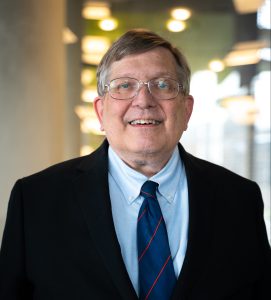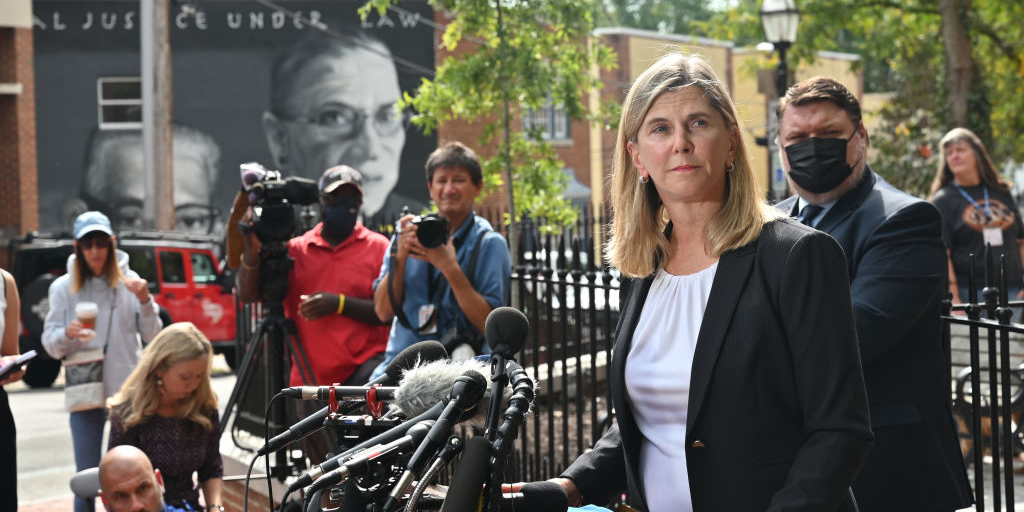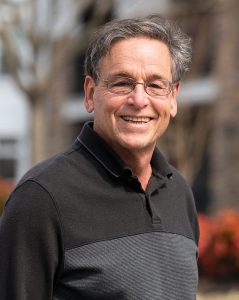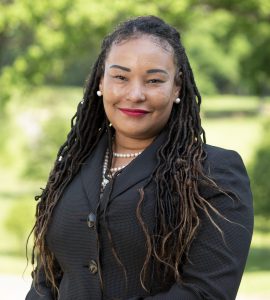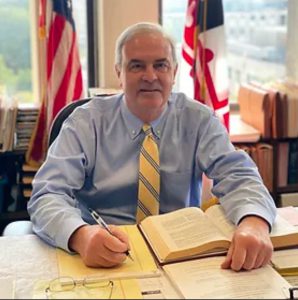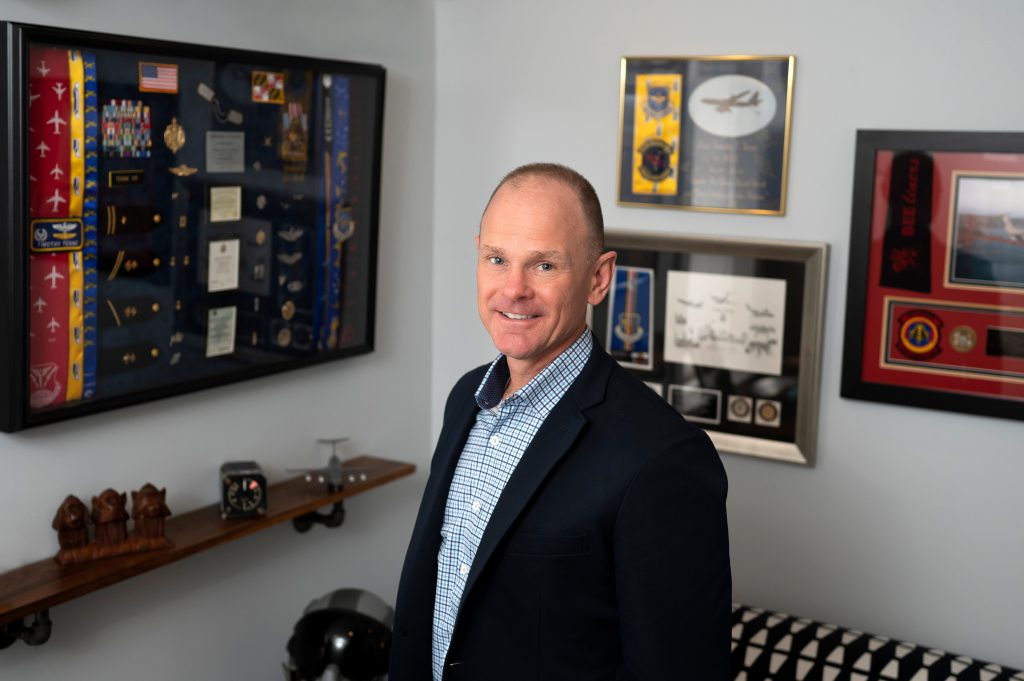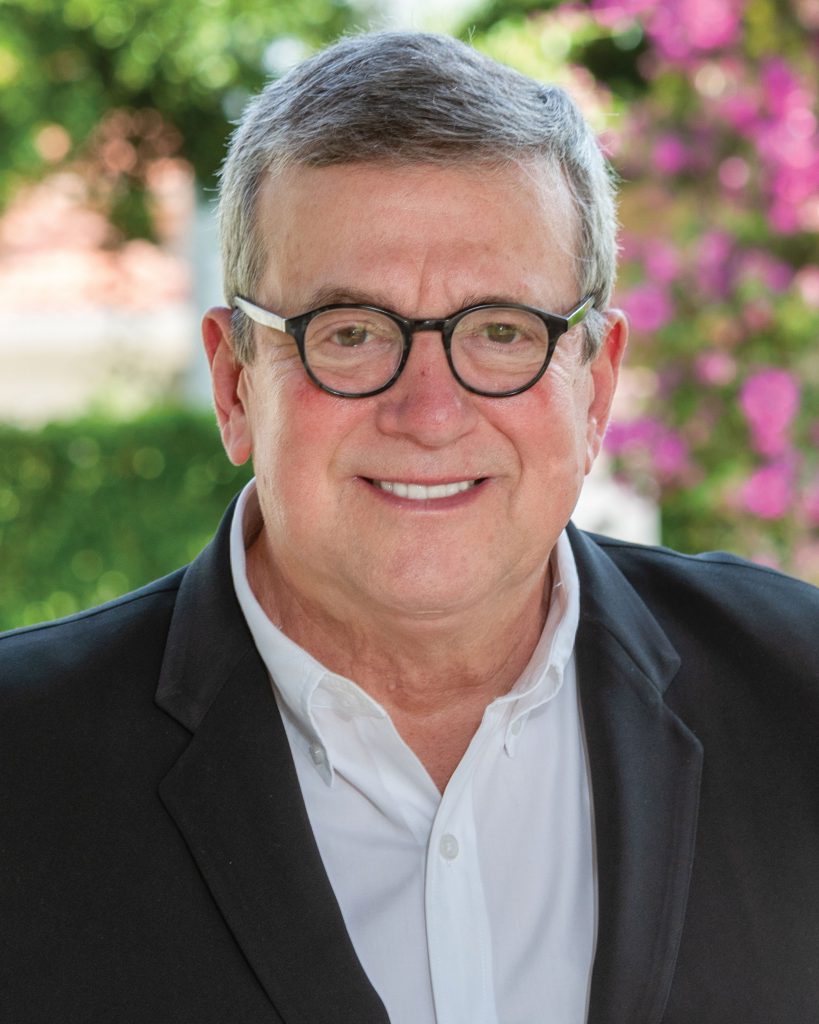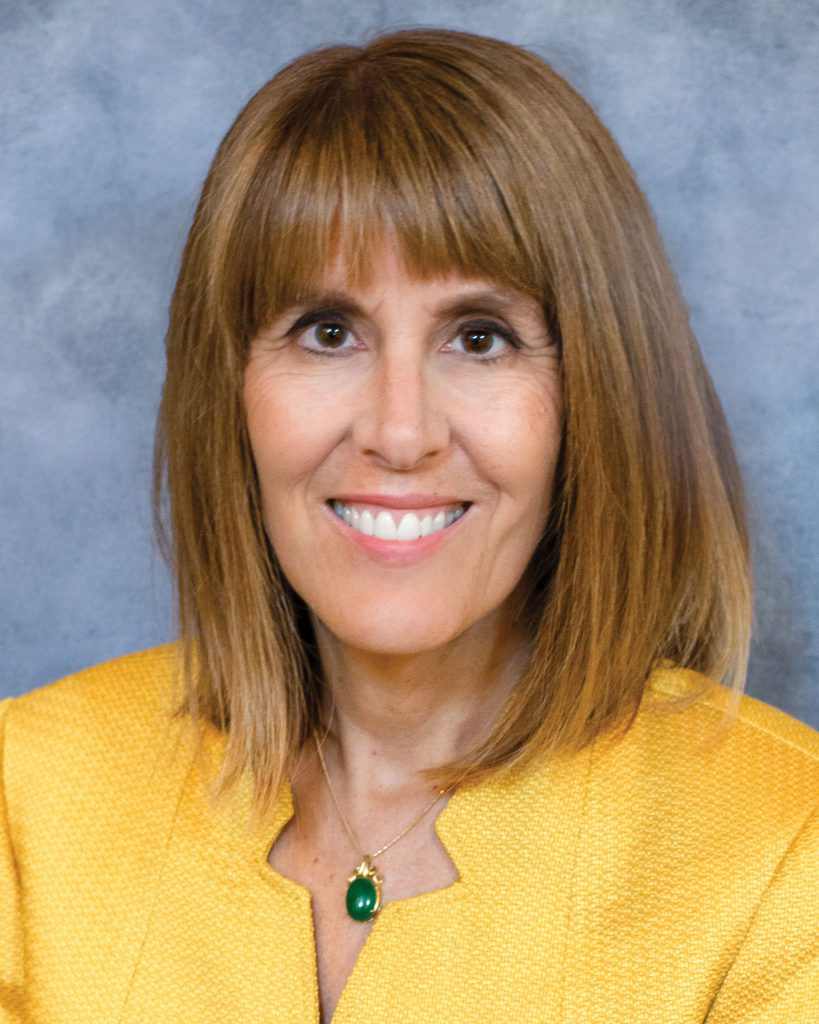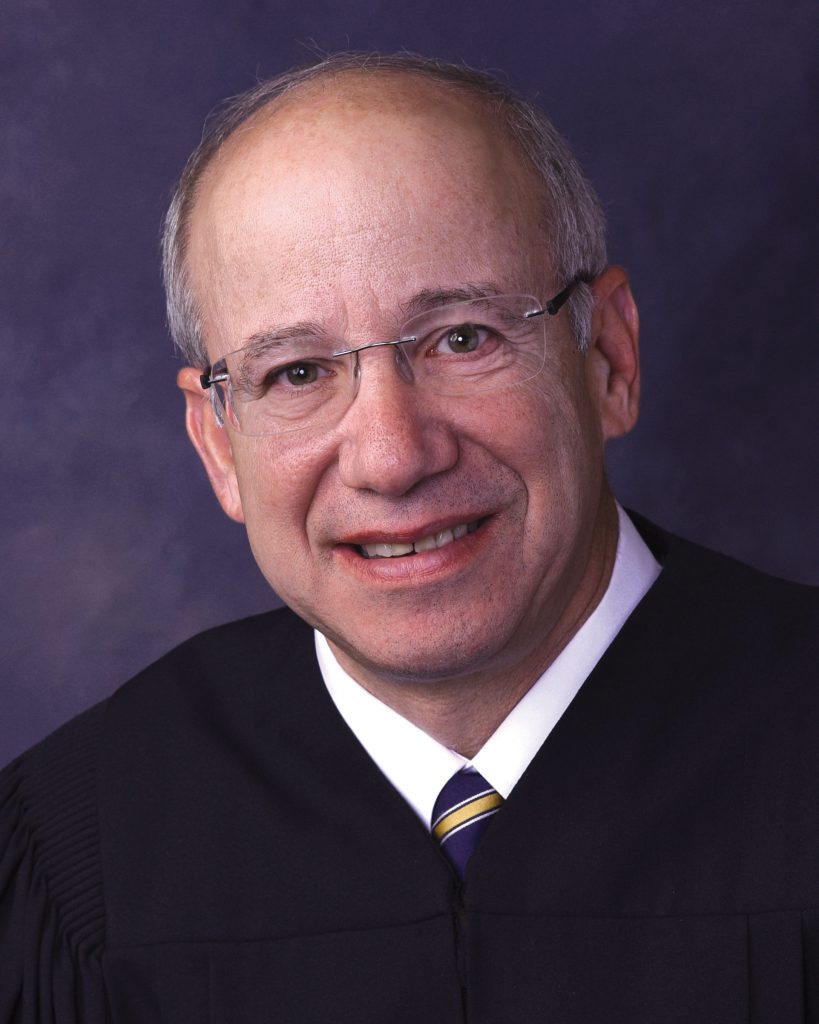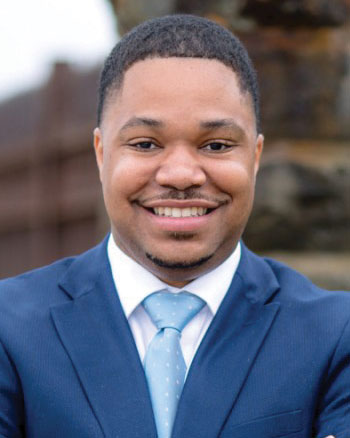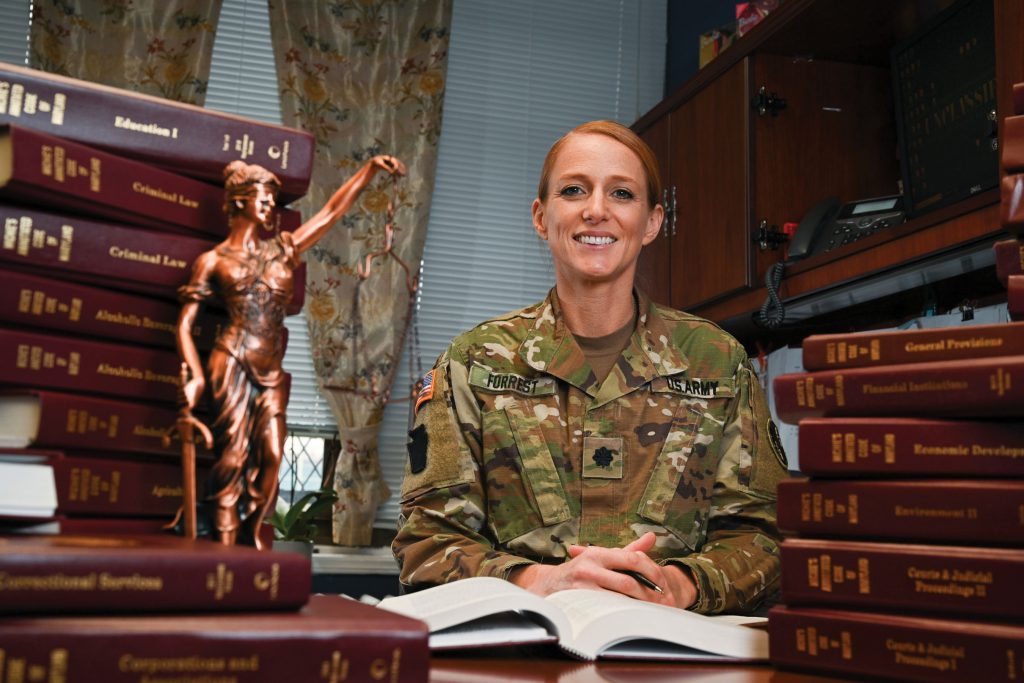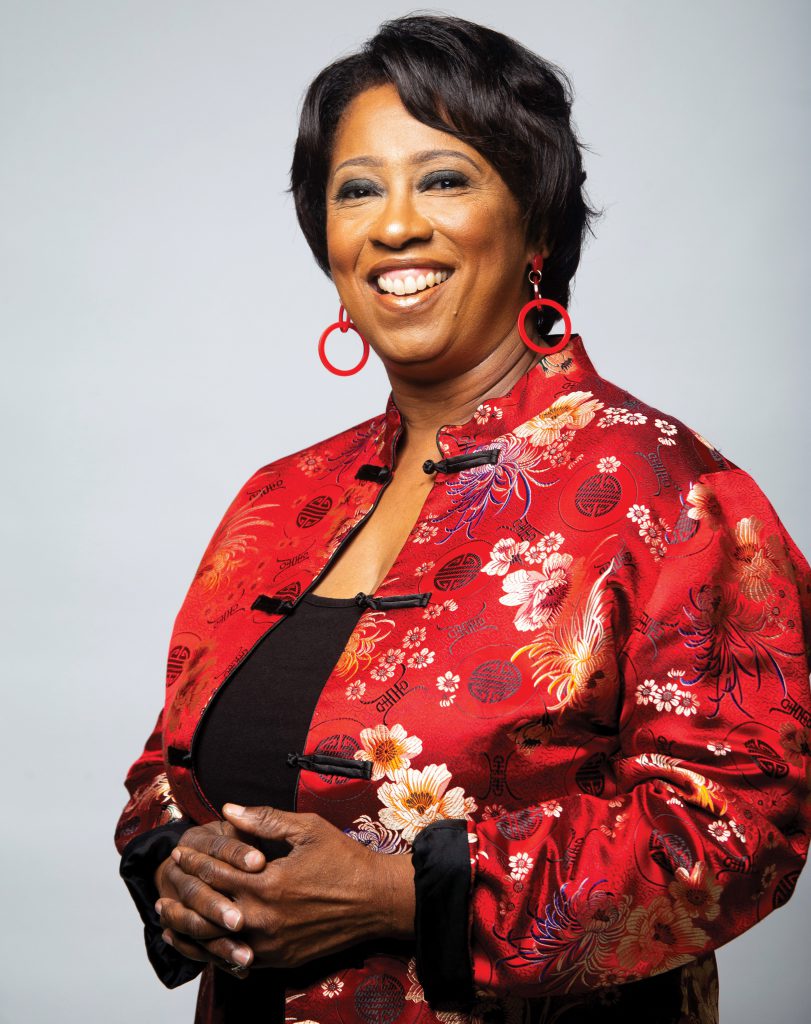By Hope Keller
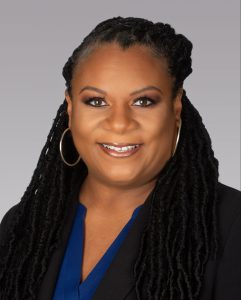
Wendi Redfern-Curtis, J.D. ’07, has worked in affordable housing development for 20 years, first in Baltimore City and now in Washington, D.C., where earlier this year she became senior vice president of single-family programs at the District of Columbia Housing Finance Agency.
Redfern-Curtis now oversees several programs for current and potential homeowners that aim to expand access to home ownership in Washington.
The agency, part of the District of Columbia government, issues its own mortgages and helps buyers with down payments. In fiscal 2021, it issued more than 450 home loans worth approximately $130 million.
“I’m looking forward to making sure that our programs are speaking to the needs of individuals who are looking to plant their seeds by purchasing housing,” says Redfern-Curtis, calling home ownership a “wealth builder.”
Redfern-Curtis said that Washington’s housing market is more competitive than Baltimore’s – and that it can be especially difficult for lower-income people to afford a home there. “We have to make sure we are thoughtful about making sure people in certain income brackets have the opportunity also to have housing choice in a market that is thriving,” she says.
Redfern-Curtis started working for the Baltimore City Department of Housing and Community Development in 2002, after graduating from the University of Baltimore with a B.A. in jurisprudence. She stayed with the department throughout four years of attending law school at night, and, by 2017, had risen to deputy commissioner in the Land Resources Division.
Redfern-Curtis says her legal education prepared her well for her career.
“It had an on-the-ground application every day,” says Redfern-Curtis, who cited real estate classes with Michele Gilligan, now professor emerita, and constitutional law with Prof. Michael Higginbotham as formative experiences.
“Constitutional law was very impactful,” she says, explaining that her work for the city involved condemning properties, or using the governmental power of eminent domain. “Mike Higginbotham had a huge impact on my life.”
One of the biggest projects Redfern-Curtis worked on in Baltimore was Vacants to Value, a program launched in 2010 by then-Mayor Stephanie Rawlings-Blake to address a rising number of vacant buildings, often with absentee landlords.
While Vacants to Value was criticized for being unable to outpace the growth in citywide vacancies, Redfern-Curtis is proud of the work that was accomplished.
“I really feel it was a successful program,” she says. “We were able to abate thousands of vacant properties by getting people to rehabilitate properties and getting people to invest in Baltimore, using full-block outcome strategies.”
Regina Hammond, founder and executive director of the ReBUILD Johnston Square organization, praises Redfern-Curtis and calls her “a listener.”
“I always got good advice and guidance from her,” says Hammond, who met Redfern-Curtis when the latter represented the Department of Housing and Community Development in the rehabilitation of the Johnston Square neighborhood in east Baltimore.
When Redfern-Curtis later spent three years in the private sector, as chief operating officer for ReBUILD Metro Inc., she continued to work with Hammond on the Johnston Square project.
“She wouldn’t say a lot, she’d just sit back and listen to all sides of the issue and then just come out with this profound statement or guideline,” Hammond says. “Anything she can do to help you or guide you, she will do that.”
Hope Keller is a writer based in Connecticut.


